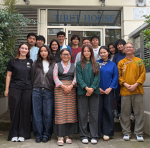World News
-
 Prince Harry makes surprise visit to Kyiv to support war-wounded Ukrainians
Prince Harry made a surprise trip to Kyiv today after being invited by Superhumans, an organization helping Ukrainians who’ve suffered life-changing injuries in the war.Read More...
Prince Harry makes surprise visit to Kyiv to support war-wounded Ukrainians
Prince Harry made a surprise trip to Kyiv today after being invited by Superhumans, an organization helping Ukrainians who’ve suffered life-changing injuries in the war.Read More... -
 Poland masses 40,000 troops on border as Russia and Belarus launch Zapad 2025 drills
Poland has deployed 40,000 troops to its eastern frontier as tensions with Russia and Belarus spike ahead of massive joint military drills known as Zapad 2025.Read More...
Poland masses 40,000 troops on border as Russia and Belarus launch Zapad 2025 drills
Poland has deployed 40,000 troops to its eastern frontier as tensions with Russia and Belarus spike ahead of massive joint military drills known as Zapad 2025.Read More... -
 Lukashenko signals willingness to free prisoners after meeting Trump envoy
Alexander Lukashenko told a U.S. envoy representing Donald Trump on Thursday that he was open to striking a deal on the release of prisoners, according to Belarusian state media.Read More...
Lukashenko signals willingness to free prisoners after meeting Trump envoy
Alexander Lukashenko told a U.S. envoy representing Donald Trump on Thursday that he was open to striking a deal on the release of prisoners, according to Belarusian state media.Read More... -
 UK-led fund secures £2 billion in military aid for Ukraine
The UK-led International Fund for Ukraine has now secured over £2 billion in military support, delivering thousands of drones, missiles, air defence systems, and radars to help Ukraine defendRead More...
UK-led fund secures £2 billion in military aid for Ukraine
The UK-led International Fund for Ukraine has now secured over £2 billion in military support, delivering thousands of drones, missiles, air defence systems, and radars to help Ukraine defendRead More... -
 UK restarts trade talks with China after seven years – what It means for jobs, growth, and everyday people
For the first time since 2018, the UK and China are sitting down for formal trade talks, with the government promising that this step will bring real benefits for businesses, workers, and theRead More...
UK restarts trade talks with China after seven years – what It means for jobs, growth, and everyday people
For the first time since 2018, the UK and China are sitting down for formal trade talks, with the government promising that this step will bring real benefits for businesses, workers, and theRead More...

Culture
-
 Turns out David Bowie still had one more surprise up his sleeve
When he passed away in 2016, the world thought his last artistic statement was Blackstar – that haunting, brilliant final album shaped by his own awareness of mortality. But tucked away,Read More...
Turns out David Bowie still had one more surprise up his sleeve
When he passed away in 2016, the world thought his last artistic statement was Blackstar – that haunting, brilliant final album shaped by his own awareness of mortality. But tucked away,Read More... -
 Part of Victorian building collapses in Cleckheaton
A section of a former Victorian church, now used as a wedding venue, has collapsed onto a busy street in Cleckheaton, West Yorkshire.Read More...
Part of Victorian building collapses in Cleckheaton
A section of a former Victorian church, now used as a wedding venue, has collapsed onto a busy street in Cleckheaton, West Yorkshire.Read More... -
 Black culture festival returns to Trafalgar Square this weekend
Trafalgar Square is set to come alive this weekend with the return of Black On The Square—a free festival celebrating Black culture, creativity, and community. Running from 12pm to 6pm, theRead More...
Black culture festival returns to Trafalgar Square this weekend
Trafalgar Square is set to come alive this weekend with the return of Black On The Square—a free festival celebrating Black culture, creativity, and community. Running from 12pm to 6pm, theRead More... -
 Take a book, leave a Book: South London gets four new mini libraries
If you love books and the idea of swapping stories with your community, you’re in luck—Penguin Books is setting up four new “Book Stops” across South London this month.Read More...
Take a book, leave a Book: South London gets four new mini libraries
If you love books and the idea of swapping stories with your community, you’re in luck—Penguin Books is setting up four new “Book Stops” across South London this month.Read More... -
 His Majesty’s Lord-Lieutenant Certificates of Merit awards 2026–2027
Nominations are now open for the 2026 His Majesty’s Lord-Lieutenant Certificates of Merit awards.Read More...
His Majesty’s Lord-Lieutenant Certificates of Merit awards 2026–2027
Nominations are now open for the 2026 His Majesty’s Lord-Lieutenant Certificates of Merit awards.Read More... -
 “Toxic bullying culture” and “pandering to far right”: South London councillor walks away from Labour
A Lambeth councillor has dramatically quit the Labour Party, accusing it of fostering a “toxic culture of bullying” and “pandering to the far right.”Read More...
“Toxic bullying culture” and “pandering to far right”: South London councillor walks away from Labour
A Lambeth councillor has dramatically quit the Labour Party, accusing it of fostering a “toxic culture of bullying” and “pandering to the far right.”Read More... -
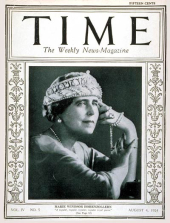 For the very first time, Queen Marie of Romania’s delicate floral watercolors are heading to London
From September 18 to October 12, her works—kept safe for over a century in the manuscripts of the Romanian Academy—will be shown at The King’s Foundation Garrison Chapel Gallery,Read More...
For the very first time, Queen Marie of Romania’s delicate floral watercolors are heading to London
From September 18 to October 12, her works—kept safe for over a century in the manuscripts of the Romanian Academy—will be shown at The King’s Foundation Garrison Chapel Gallery,Read More... -
 A huge Japanese food & culture festival is coming to London next month – and it’s totally free
For one day only, Trafalgar Square will transform into a vibrant hub of Japanese food, music, and traditions – and you won’t want to miss it. On September 21, the UK’s biggest annualRead More...
A huge Japanese food & culture festival is coming to London next month – and it’s totally free
For one day only, Trafalgar Square will transform into a vibrant hub of Japanese food, music, and traditions – and you won’t want to miss it. On September 21, the UK’s biggest annualRead More... -
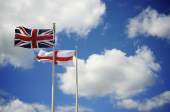 Why England’s streets are suddenly covered in flags
Lately, if you’ve been driving around parts of England, you’ve probably noticed something unusual: lampposts covered in Union Jacks and St George’s crosses. In places like Birmingham,Read More...
Why England’s streets are suddenly covered in flags
Lately, if you’ve been driving around parts of England, you’ve probably noticed something unusual: lampposts covered in Union Jacks and St George’s crosses. In places like Birmingham,Read More... -
 Notting Hill Carnival safety crackdown: 100 arrests and 50 weapons seized
Police have launched a major safety operation ahead of this year’s Notting Hill Carnival, arresting 100 people and seizing dozens of weapons in a bid to keep the huge celebration safe.Read More...
Notting Hill Carnival safety crackdown: 100 arrests and 50 weapons seized
Police have launched a major safety operation ahead of this year’s Notting Hill Carnival, arresting 100 people and seizing dozens of weapons in a bid to keep the huge celebration safe.Read More... -
 Norwich castle reopens after £27.5 million transformation
After nearly five years behind scaffolding, one of England’s most iconic Norman landmarks has reopened its doors. Norwich Castle Keep – first built almost 900 years ago – has undergone aRead More...
Norwich castle reopens after £27.5 million transformation
After nearly five years behind scaffolding, one of England’s most iconic Norman landmarks has reopened its doors. Norwich Castle Keep – first built almost 900 years ago – has undergone aRead More... -
 Kneecap rapper faces terror charge in London over Hezbollah flag
One of the members of Irish rap group Kneecap appeared in a London court on Wednesday, facing a terrorism charge for allegedly displaying a Hezbollah flag during a performance.Read More...
Kneecap rapper faces terror charge in London over Hezbollah flag
One of the members of Irish rap group Kneecap appeared in a London court on Wednesday, facing a terrorism charge for allegedly displaying a Hezbollah flag during a performance.Read More...

British Queen celebrates
Most Read
- Teen held after US woman killed in London stabbings
- Heave-ho Harry! Prince prepares to join the walking wounded in ice trek to North Pole
- Football: Farhad Moshiri adamant Everton deal above board
- "Master of English Style". Interview with Designer Lydia Dart
- Letter to the Financial Times from Lord Mayor Alderman Michael Bear
Media
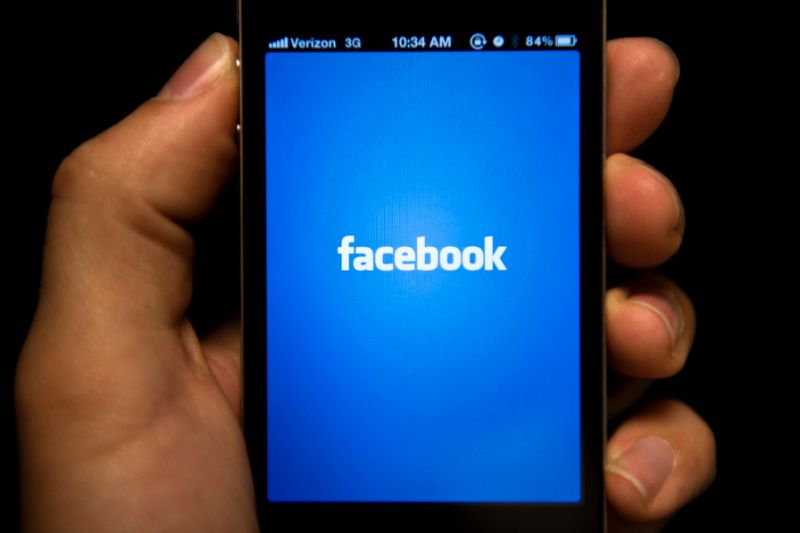
If Facebook's new cryptocurrency should resonate anywhere it should be India, where the social media giant has more than 300 million followers.

The leader of Britain's main opposition Labour party Jeremy Corbyn -- criticised for failing to take a clear position on Brexit -- on Wednesday said the only way out of

British Prime Minister Theresa May said Sunday she was preparing to make a "bold offer" to MPs in one final attempt to get them to back her Brexit deal.

Former England footballer David Beckham was on Thursday disqualified from driving for six months after using his phone while behind the wheel.

British Prime Minister Theresa May on Sunday urged main opposition Labour leader Jeremy Corbyn to work with her to break the Brexit deadlock, telling him:
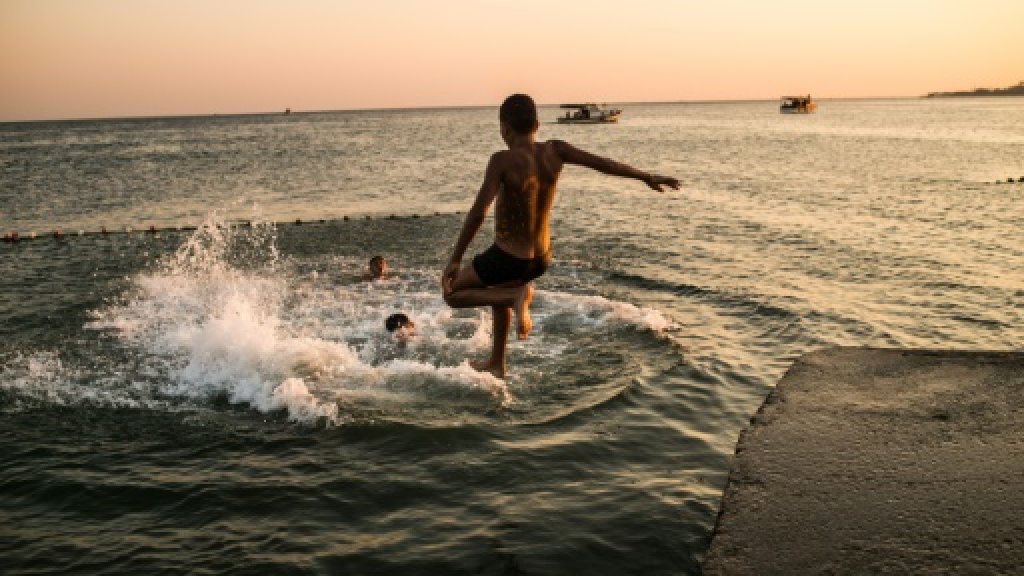
Britons are increasingly choosing package holidays outside of the European Union this summer as Brexit uncertainty shakes the pound, tour operator Thomas Cook said

Social media giant Facebook on Thursday banned various far-right British groups including the English Defence League from its network for promoting hate and violence.
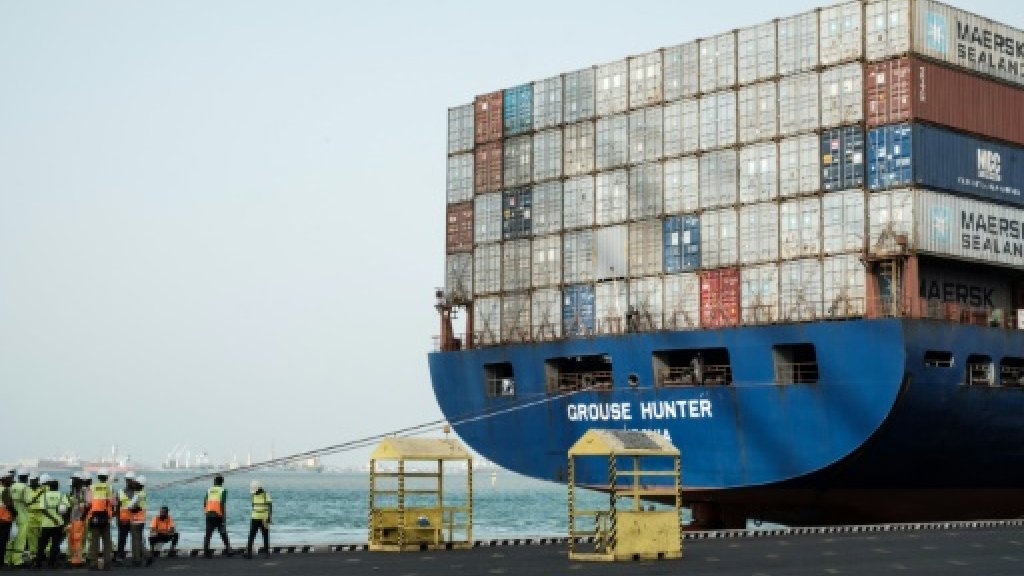
A London-based international court has ordered Djibouti to pay $385 million in compensation to UAE global ports operator DP World over a breach of contract, the

Santander's UK banking division has been fined £32.8 million for failing to process accounts and investments of deceased customers, regulators said Wednesday.

An openly gay Scottish artist who celebrated queer lives in a short film shot on an iPhone won Britain's prestigious Turner Prize Tuesday.












